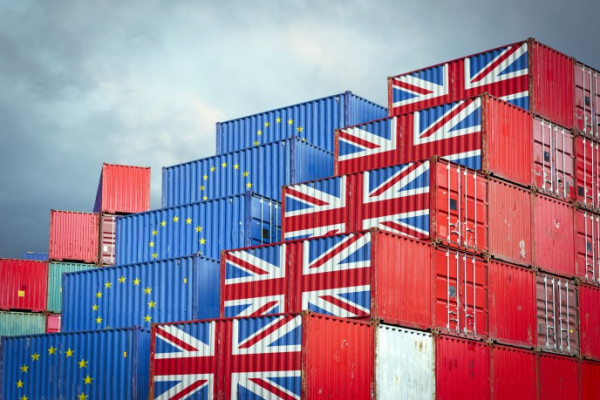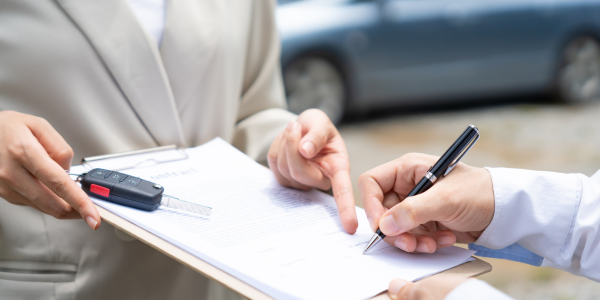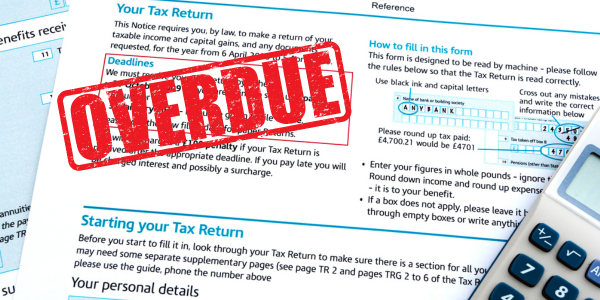Importing and exporting goods to the EU after Brexit: what you need to know

Following a 12-month transition period, the UK will formally exit the EU on 31 December 2020. If you export or import goods to or from Europe, you are most likely wondering what this means for your business.
We’ve outlined the main points below to help you prepare your company well ahead of the deadline and make any required adjustments as things change.
When will the new controls be in place?
From 1 January 2021, new controls will be placed on the movement of goods between the UK and the European Union.
How will these controls be implemented?
To allow businesses to prepare, changes will be phased in and introduced in three separate stages between 1 January 2021 and 1 July 2021.
When will Phase 1 be introduced?
Phase 1 will start on 1 January 2021.
What will happen during Phase 1?
For companies importing standard goods, basic customs requirements will come into effect. You will then have up to six months to submit any relevant customs declarations to HMRC. Standard goods are items that are not controlled. You can check whether your goods are controlled or not on the government’s website – List of controlled goods.
If you are importing controlled goods, such as alcohol, tobacco or toxic chemicals, you will need to submit a full customs declaration when the goods enter the UK.
If you are importing live animals or high-risk plant or plant-based products, you will be required to have pre-notification and health documentation.
If you are importing high-risk animal by-products, you will also need a pre-notification.
When will payments need to be made during Phase 1?
Tariffs will need to be paid on all imports from day one. However, payments can be deferred until the customs declaration has been made.
You will need to consider how you pay for VAT on imported goods.
How will goods be checked?
For standard goods, documents will be checked remotely. For controlled goods, physical checks will be carried out at the border. For high-risk goods, physical checks will take place at the destination or on other authorised premises.
When will Phase 2 begin?
Phase 2 will be introduced on 1 April 2021.
What will change during Phase 2?
If you import products of animal origin, such as meat, pet food, honey, milk or eggs, you will be required to have pre-notification and supply the relevant health documentation.
If you import regulated plants and plant-based products, you will also need pre-notification and the relevant health documentation.
When will Phase 3 begin?
Phase 3 will be introduced on 1 July 2021.
What will change during Phase 3?
You will be required to submit a full customs declaration to HMRC for all goods being imported at the point of importation.
Tariffs for imported goods will need to be paid at the point of importation before goods can be released.
Physical checks and sampling of animals, plants and their products will be increased.
Physical checks will also be carried out at UK Border Control posts.
What will change if I export goods to the EU?
Export documentation will be required from 1 January 2021. You must submit a full customs declaration to HMRC for all goods being exported to the EU and must be ‘arrived’ and ‘departed’ at the point of exit from the UK.
An export license or certificate may be required for certain types of goods.
How do I make sure my company is ready for Brexit?
We recommend ensuring that you and your supply chain are ready well before the changes for importing and exporting goods come into effect. Below is a check list of information you will need to help you to prepare:
- Ensure you have an EORI number – you can find out more about this on the government’s website – Get an EORI number
- Ensure you and your supply chain have made preparation to submit import and export declarations on goods moving between the UK and the EU
- Ensure you have correctly classified your goods and determined whether they are standard, controlled or high-risk
- Ensure you take steps to account for VAT on any imported goods
- Be aware of any changes required for the labelling and marketing standards of food, plants, seeds, manufactured goods and organic produce
- If you are exporting products requiring pre-notification, you should obtain a government gateway login and register as a trader on the DEFRA PEACH system
- If you are operating a fleet of vehicles taking goods into the EU, or you are using a transport company, ensure drivers have the relevant permits
- Consider using a customs intermediary service to submit your customs declarations, such as Port Partners
For further information, or help with the upcoming changes, please contact the team at Perrys who will be happy to help.







